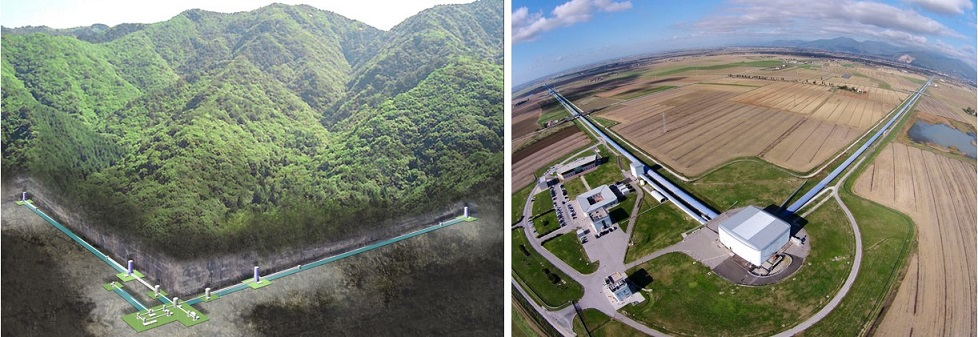The KAGRA experiment will join the LIGO-Virgo gravitational wave network for the 04 data collection scheduled for the end of the year. A strong collaboration between the physicists of the different experiments of this network will be more and more essential in the years to come for the taking of data and the design of a new generation of gravitational wave experiments. Exchanges of methods and tools between the physicist and engineers for characterizing and controlling the quality of detected data are expected to develop.Collaborations should also focus on the exchange and exploitation of scientific data within the framework of the gravitational wave network with the development of innovative data analysis techniques.Over the past few decades, the high-energy physics community has welcomed AI with open arms. For gravitational waves, experimental physicists and theoreticians will increasingly explore the benefits of collaborating using artificial intelligence.
The following topics will be covered in particular:
1. Detector characterization
2. Calibration
3. Commissioning
4. Squeezing and filter cavity
5. Mirrors
6. Cryogenics and environment
